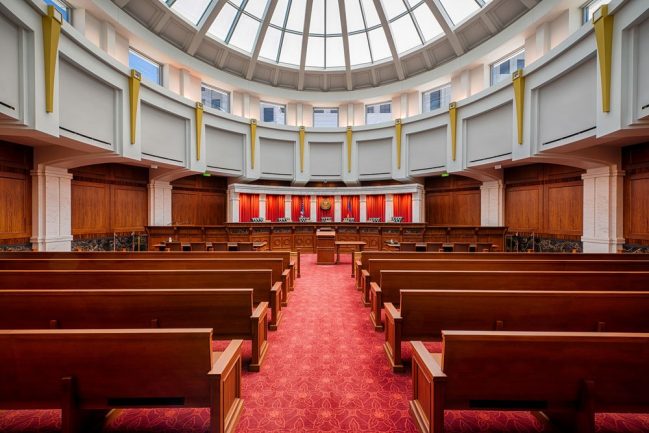Extras on Excise: California’s Take on ‘Tax v. Fee’
Due to states’ various ways of classifying and labeling charges, there is often confusion over the difference between taxes and fees. In many instances, there are constitutional restrictions on how states may impose or increase “taxes,” such as voter approval requirements, whereas fee impositions and increases have fewer hurdles. A recent California Supreme Court opinion illustrates how California determines whether a payment to a governmental entity is considered a tax or a fee.
In Calif. Bldg. Indus. Ass’n v. State Water Resources Control Bd., No. S226753 (Cal. May 7, 2018), the Court noted that determining whether a charge is a tax or fee has been a “‘recurring chore’ for California courts” for the past several decades. The courts are tasked with this responsibility because 1978’s Proposition 13, which incorporated Article XIII A into the state constitution (requiring tax increases to be approved by a supermajority in both the Senate and the Assembly), did not originally define “tax” (later amendments defined the term).
For this particular case, the court determined that the charge in question, the water waste discharge fee, was a fee and not an unconstitutional tax. They reached this conclusion by applying the test for identifying regulatory fees from Sinclair Paint Co. v. State Bd. of Equalization, 937 P.2d 1350 (Cal. June 26, 1997), which states that a levy is a regulatory fee if the following apply:
- The amount of the fee does not exceed reasonable costs of providing the service that it is imposed for;
- the fee is not imposed for unrelated revenue purposes; and
- the fee amount has a reasonable relationship to the burdens that the feepayers’ activities or operations create.
Here, the court found that these three requirements were met. The water fee amounts did not exceed the costs for providing the services, the fee structure “explicitly limited fees to the amount necessary to recover the administrative costs of the permit program,” and the state records proved that the water resources control board had used a reasonable allocation methodology. The water waste discharge fee was thus a fee, not a tax, and the board’s decision to increase the fee did not require having the Legislature pass a bill.





 Editor’s Note: Denver7 360 stories explore multiple sides of the topics that matter most to Coloradans, bringing in different perspectives so you can make up your own mind about the issues. To comment on this or other 360 stories, email us at
Editor’s Note: Denver7 360 stories explore multiple sides of the topics that matter most to Coloradans, bringing in different perspectives so you can make up your own mind about the issues. To comment on this or other 360 stories, email us at 

